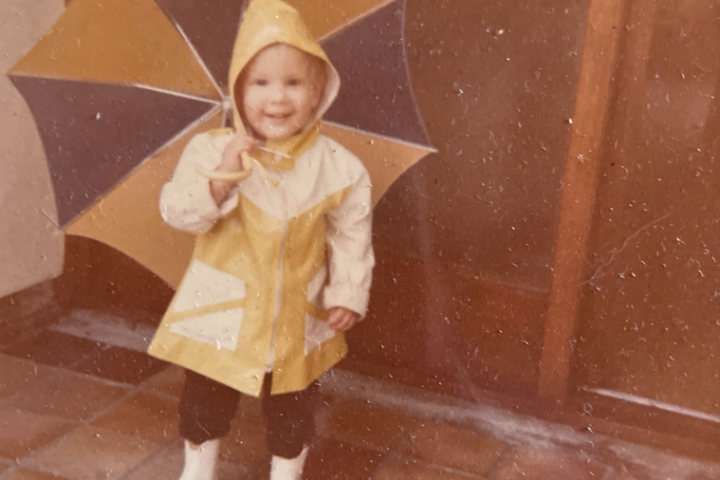There’s a well-known condition called DOMS – delayed onset muscle soreness.
Muscle size increases when a person continually challenges the muscles to deal with higher levels of resistance or weight. This process is known as muscle hypertrophy. It occurs when the fibers of the muscles sustain damage or injury. The body repairs damaged fibers by fusing them, which increases the mass and size of the muscles.*
From a medical perspective, this is great news. Our bodies can literally heal themselves! But practically… we often feel stiff and sore a day or two after a workout.
We are reminded after every workout that getting stronger is not easy.
In fact, it hurts.
If you haven’t heard of DOMS or hypertrophy, I’m sure you’ve heard “No pain… no gain.”
When we are not used to lifting weights and pushing ourselves to our limits, or do so without the advice and coaching of someone who has a little more experience than us (can be a friend, family member or personal trainer), we can extend ourselves to the point of injury.
With a little bit of planning, we can avoid this.
Frequent exercise habits, within our personal limits, helps us build both the strength and resilience that we need to stay physically, emotionally and mentally healthy. It will still hurt, but it will be manageable and we will be expecting some discomfort.
The same is true of our finances.
Certainly during this tough time of global lockdowns and COVID-19, but even more so as we continue to enter into one of the hardest times in recent human history. Holding this extra weight and constantly working with increased resistance will cause us Financial DOMS. (yes… I just made that up… but let’s go with it for a second or two…)
If we’re not feeling it already, we will start to feel the stiff, sore tension of being strained and pushed to our financial limits.
When it comes to ‘no pain, no gain’, we need to develop habits that helps us temper over-spending (lifting too much) and resilience when wanting to stray from our plan (staying in bed instead of going for that run).
If you have let things get a little out of kilter, you need to meet with your personal financial trainer and put a plan in place that will help you regain your financial fitness and strength without causing further damage or harm.
If you don’t have a personal financial trainer – drop me a message on LinkedIn and let’s have a virtual cuppa tea.
* Source




